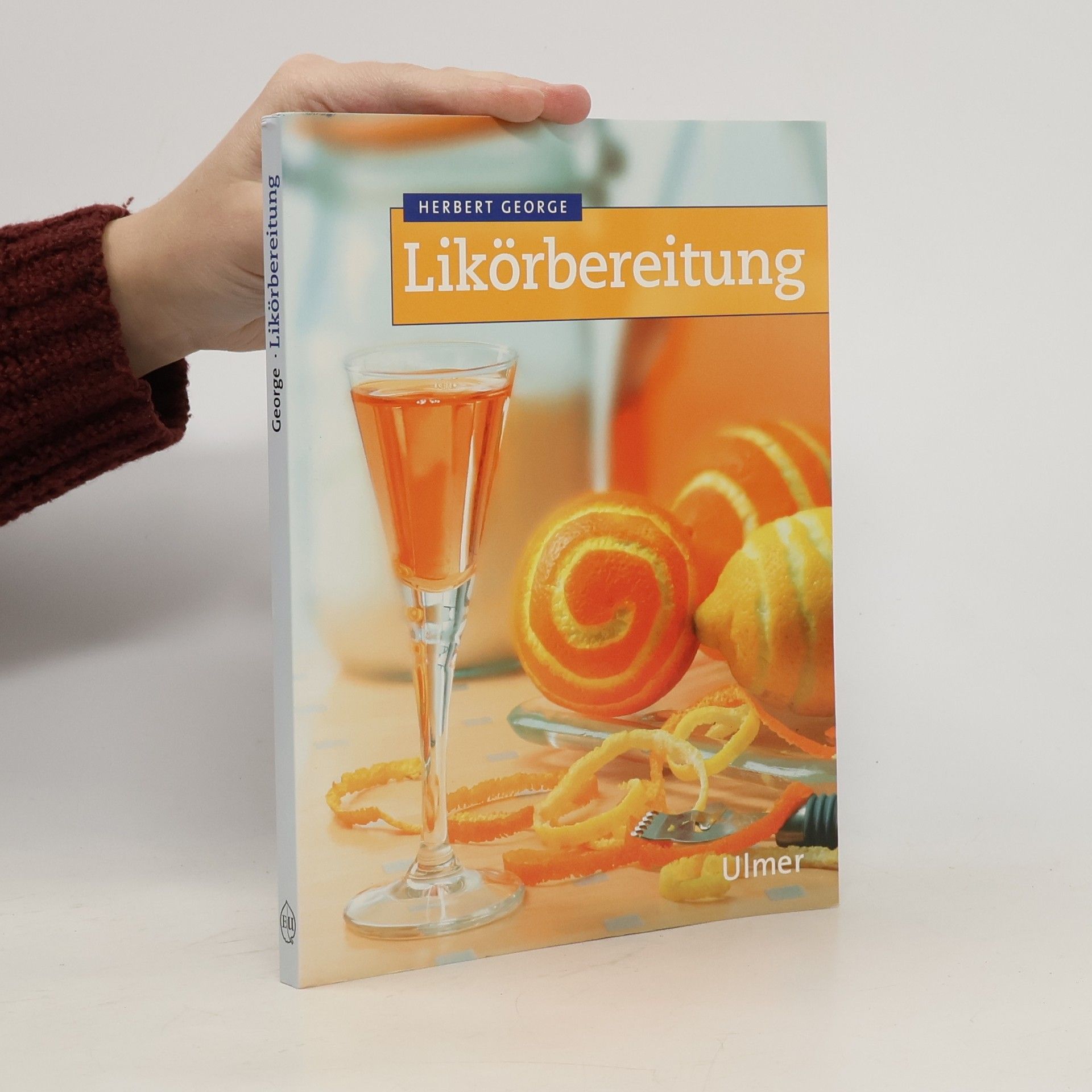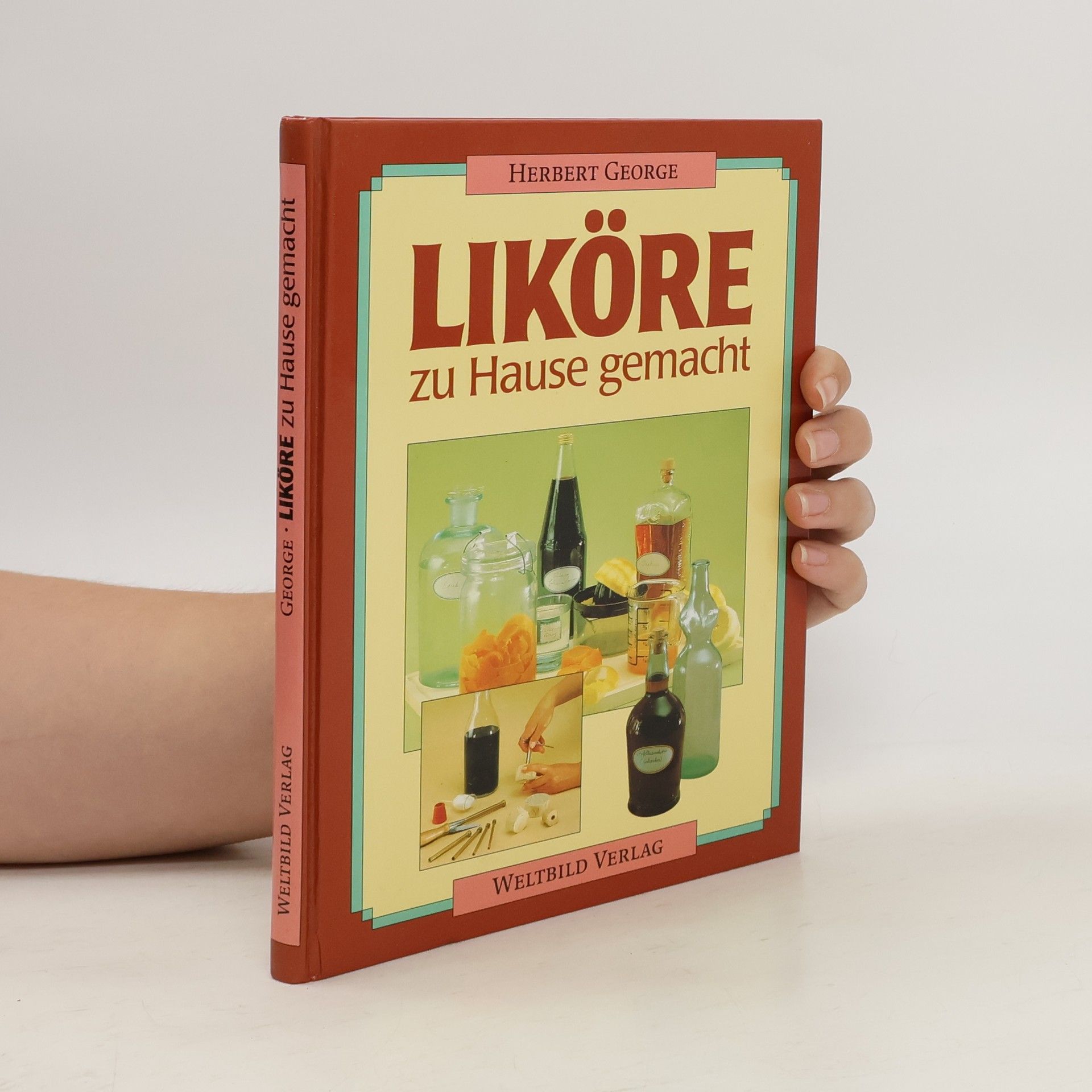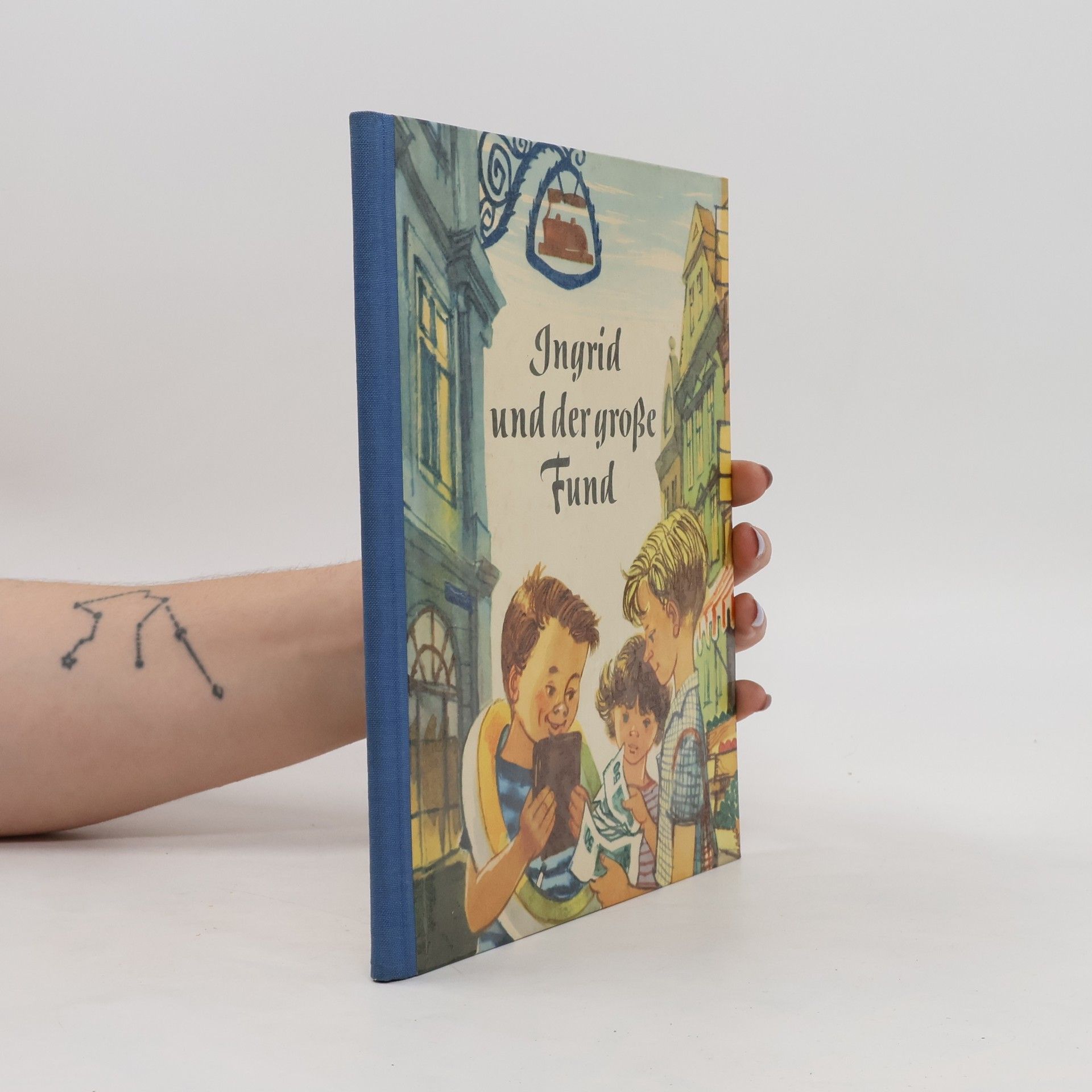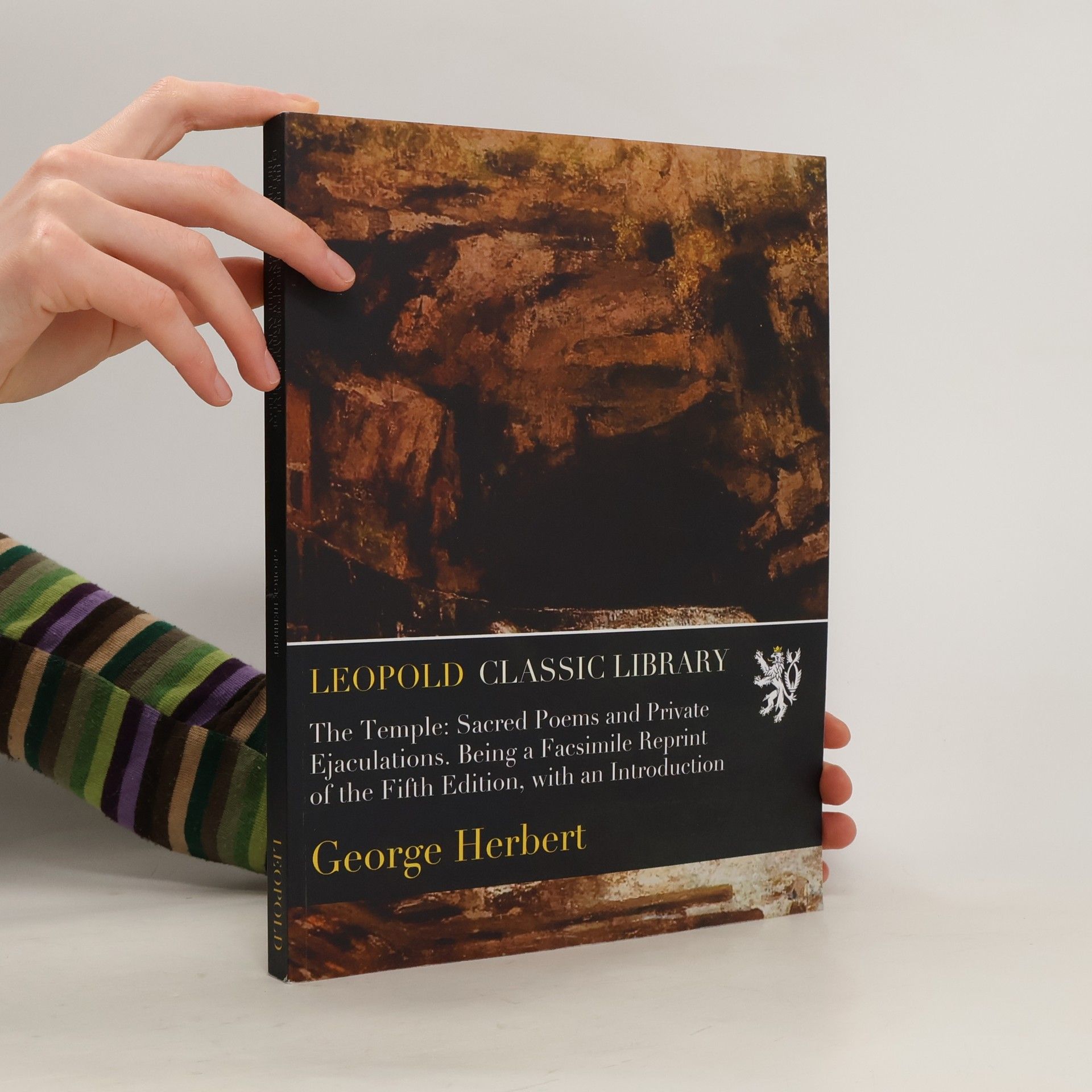Herbert George Bücher
George Herbert gilt als eine Schlüsselfigur der britischen Andachtsdichtung, berühmt für seine immense Popularität, seinen tiefen Einfluss und seine außergewöhnliche Meisterschaft. Seine Werke, die den Metaphysical Poets zugeordnet werden, verbinden meisterhaft intellektuelle Tiefe mit aufrichtiger Frömmigkeit. Herberts Poesie, geprägt von einer reichen klassischen Ausbildung und einem Sinn für Rhetorik und Musik, zeichnet sich durch sprachliche Präzision und spirituelle Intensität aus. Sein bleibendes Erbe liegt in seiner einzigartigen Fähigkeit, komplexe theologische Themen mit lyrischer Anmut und tiefer emotionaler Resonanz auszudrücken.






Selbstgemachte Liköre gehörten ehemals zum festen Bestandteil einer gut geführten Hauswirtschaft, besonders im bäuerlichen Bereich. Jede Landschaft hatte ihre Schnaps- und Likörspezialitäten und hat sie zum Teil noch heute. Manche Rezepte wurden von Generation zu Generation in den Familien weitergegeben. Man war stolz auf seinen Selbstgemachten. Die Stadt war fern, und das Geld war knapp. So blieben die gekauften Schnäpse die Ausnahme. Man hatte ja viele Rohstoffe für einen Likör im eigenen Garten und preiswerten Korn zum Ansetzen gab es im Kolonialwarenladen oder man hatte selbst gebrannt. Damit wurde nach überlieferten Rezepten selbst angesetzt. Inzwischen können Likörbereiter nach den fachmännischen Anleitungen dieses Buches aus den wohlschmeckenden Gewächsen des Gartens und des Feldes gute Liköre selber machen. Das ist ganz einfach und doch ist sorgfältig auf vielerlei zu achten, damit der Hausgemachte auch gut gelingt. Dafür ist der „George“ längst der bewährte Ratgeber geworden. Der Autor, ein erfahrener Destillateurmeister, erklärt, wie die Zutaten verarbeitet werden und wie ein guter Ansatz entsteht. Seine 36 Rezepte sind Anleitung und Anregung zugleich.
This selection of one hundred poems by one of the greatest devotional poets in the English language, George Herbert, is designed for readers to enjoy the verse for its beauty, spirituality and humanity. The book is simply and elegantly designed, and includes a preface introducing key features of Herbert's poetry.
The Temple
- 248 Seiten
- 9 Lesestunden
The poetry of Herbert showcases a profound exploration of the redeeming love of Christ, reflecting his passion for language as a means to express spiritual truths. His work emphasizes the beauty of both the subject matter and his literary artistry, revealing deep insights into faith and devotion. Although no sermons remain, his poetry stands as a testament to his commitment to vividly portray the wonders of Christ through crafted language.
George Herbert: Selected Poems
- 64 Seiten
- 3 Lesestunden
Featuring a selection of classic poems, this collection offers an accessible introduction to the works of George Herbert. The high-quality cloth edition enhances its appeal, making it a perfect gift for poetry lovers and those new to Herbert's profound themes and intricate language.
Night in a Moorish Harem, A
- 136 Seiten
- 5 Lesestunden
Set in a Moorish harem, the narrative unfolds through the eyes of Lord George Herbert, who shares his experiences and the tantalizing tales of debauchery recounted by the harem girls. The stories explore themes of desire and seduction, providing a glimpse into the intimate lives of the women and the cultural context of the time. Originally published around 1890, this work blends personal reflection with the allure of forbidden romance and the complexities of gender dynamics in a historical setting.
Selected Works
- 276 Seiten
- 10 Lesestunden
George Herbert, a prominent Welsh poet and Anglican priest, is celebrated for his metaphysical poetry, characterized by intricate rhyme and clever wordplay. Born into a wealthy family in 1593, he was educated at Westminster and Cambridge, where he served as Public Orator. Despite his poor health, he produced influential religious poetry, published posthumously in 1633. This collection features "The Temple" and his notable prose work, "The Country Parson," all printed on premium acid-free paper, showcasing Herbert's enduring literary legacy.
